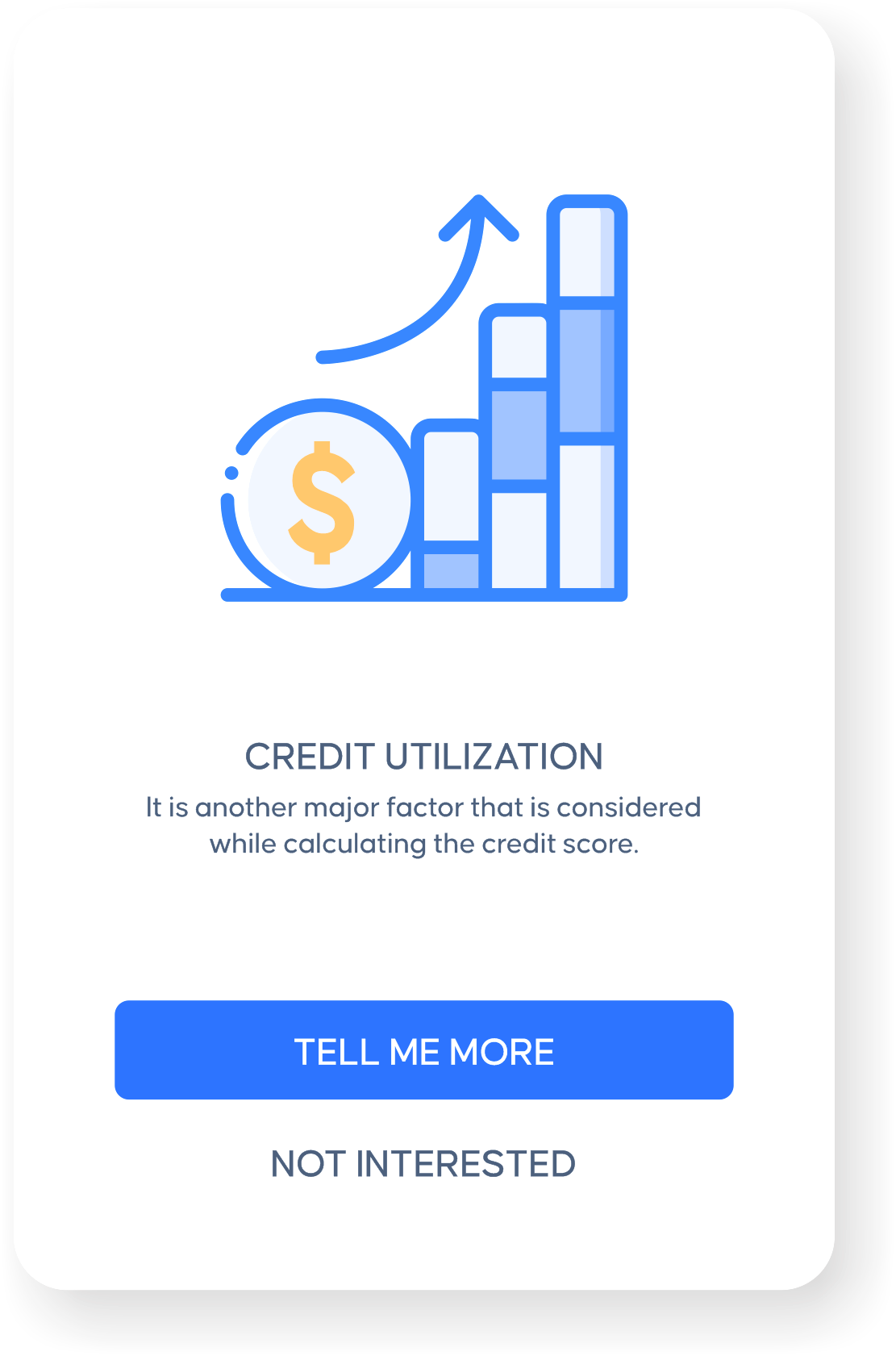
How to Improve Credit Score
Credit Score plays an important role when you apply for a credit card or loan. It is a 3 digit number that reveals the creditworthiness of an individual to banks and other financial institutions.
Credit Score is calculated using your credit history, which contains information such as your payments history, number of loans or credit card used by you, etc, there are 3 major Credit Information Companies, namely Transunion, Experian, Equifax.
A high credit score increases your chances of getting a loan or credit card and a low score completely ruins it. Banks do not like to give loans or credit cards to people with a low score because they do not trust them with their money. Despite having a low score, if you get a card or loan, then your credit limit may be low or you might have to pay a very high rate of interest. To prevent this, you must improve your credit score.
Check your Credit Report
One of the important things that you must do to improve your credit score is check your credit report. Doing this will help you in identifying errors in your report. If you find mistakes in your report, you must get it rectified immediately. As the credit score is calculated based on the information mentioned in the credit report, it is very important for you to ensure that this report is free of errors.


Pay outstanding bills
If you have any outstanding credit card bills or loan, you must pay it off immediately to repair or improve your score a bit. Payment history is one of the factors that is taken into consideration while calculating the credit score. If you have a history of delayed payments, then your score will be low and vice-versa. It is a good idea to activate payment alerts or auto debit facility to ensure that you always pay your credit bills or EMIs on time. Also, avoid paying only the minimum amount due on your credit card always as it will increase the outstanding balance of your card. Try to pay the full bill to keep the outstanding amount low.
Credit Utilization
It is another major factor that is considered while calculating the credit score. The amount of credit that is available to you versus how much of it you are using shows your dependency on credit money. It is advisable that people keep their credit utilization below 30%. So, if you have multiple credit cards, keep a check on how much money you are using on credit. Also, try to find a credit card issuer who will accept multiple payments in a month.


Do not remove old accounts from report
Some people tend to remove old accounts or deactivated accounts or accounts with negative history from their credit report to make it look good. Some even try to get their old debts removed from their reports once they pay them. This may not be a very smart thing to do. Agreed that negative things are bad for the score, but they are automatically removed from the credit report after a period of time. Getting old accounts removed may harm your score a lot as they may have a good repayment history. Also, if you have paid your debts, then you should keep them in your report as they will improve your score and also show your creditworthiness.
Plan your credit
Many people whose scores fall drastically are ones who do not plan their finances well. If you apply for too many credit cards just to increase your credit limit, but are unable to pay the bills off on time of all of them, then you will be left with a huge outstanding balance and history of delayed payments that will decrease your score by a lot. Also, applying for unplanned loans can leave you in a very bad financial state, if you are not able to repay them. Thus, it is important to plan credit and apply for a credit card/loan only if it is absolutely required and when you are sure that you will be able to repay the amount you borrow.

